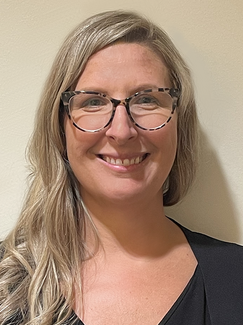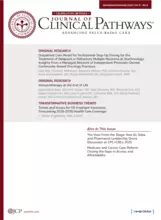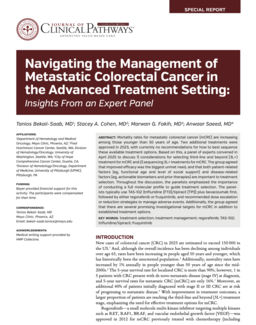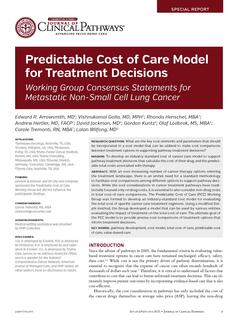Redefining Outcomes in Richter Transformation
Please share your name, title, and a brief overview of your professional history.
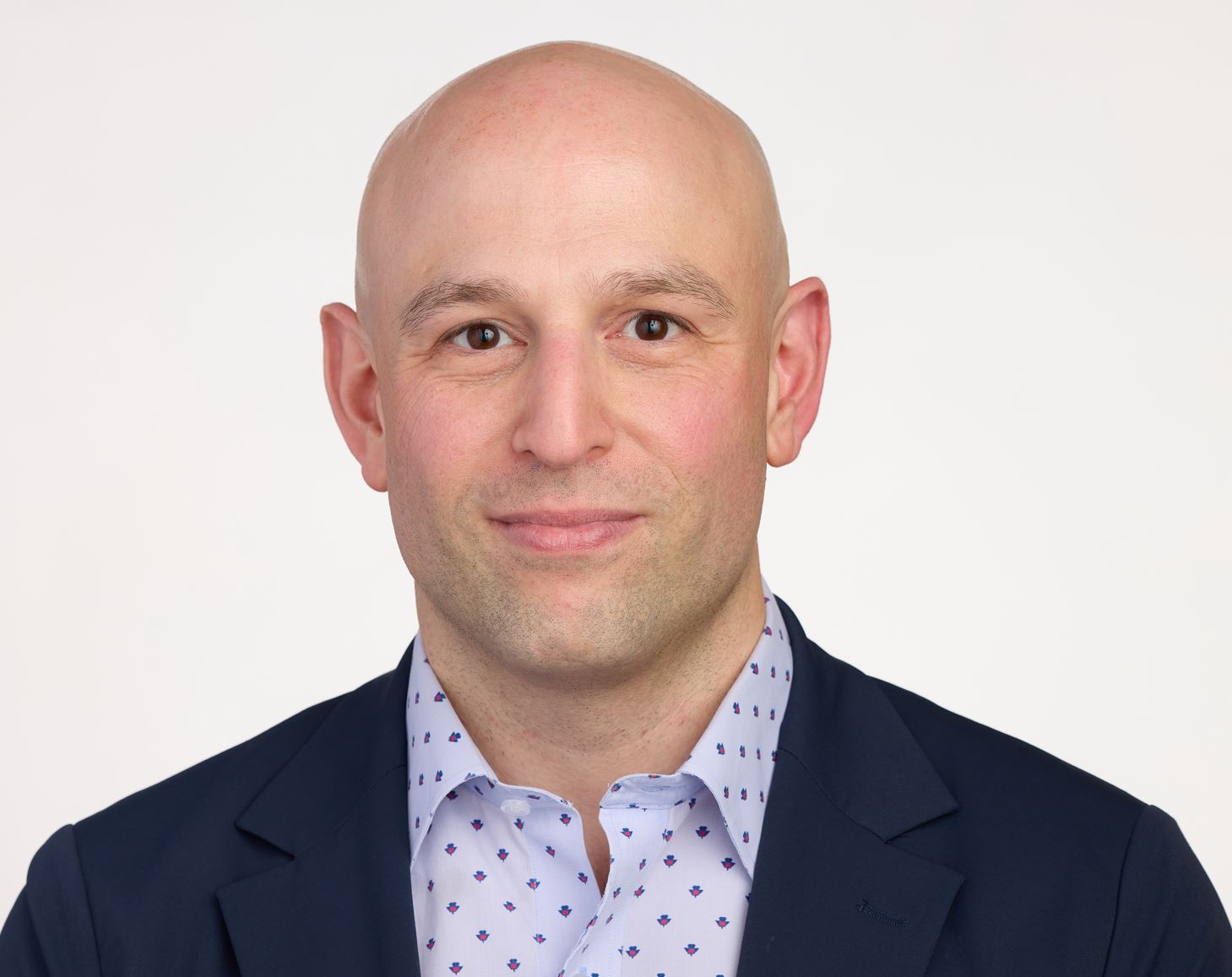
Please share a brief overview of your research study.
Dr Kittai: Richter transformation is when an aggressive lymphoma, most typically diffuse large B-cell lymphoma, occurs in the setting of CLL. Historically, RT is associated with poor outcomes, with median overall survival usually quoted as 6 months to 1-year post-diagnosis. However, there has been a significant shift in how we treat CLL over the past decade, from using chemoimmunotherapy to targeted therapies, such as BTK and BCL2 inhibitors, to treat this disease. All these previous datasets included patients treated with chemoimmunotherapy. It has been hypothesized that chemoimmunotherapy may lead to a higher mutational burden in CLL, leading to a greater risk of RT, and RT with a worse prognosis when it develops. Additionally, there has not been a large dataset applied to analyze outcomes of patients with RT since these novel targeted therapeutics have been developed to treat RT. Since chemoimmunotherapy is no longer used to treat CLL, this research sought to determine the overall survival of patients with RT in the era of targeted therapeutics.
What were your key findings? Were there any findings in your study that particularly surprised you or contradicted existing assumptions in the field?
Dr Kittai: In this study, we found that the median survival for patients with RT who were not treated with chemoimmunotherapy for CLL was 25.8 months. Although there was no comparison to patients treated with chemoimmunotherapy, numerically, this is higher than prior published datasets. Like prior studies, we found that patients treated for their CLL had worse survival (median, 12.3 months) versus patients who were not treated for their CLL before RT (median, 59.6 months) and those who had concurrently diagnosed CLL and RT, (median, 46.3 months). We also looked to see if there were any first-line treatments that had a signal for improved efficacy to guide future prospective studies on appropriate treatment, and no treatment was more effective than others.
Lastly, on multivariate analysis, prior treatment for CLL was independently associated with overall survival and appeared to carry the highest weight. The biggest takeaway point here is that patients with RT are living longer, but there is still work to be done, as a median overall survival of 25.8 months must be improved. Additionally, clinicians can use prior treatment as a reliable marker for outcomes and may consider treating patients with prior treatment for their CLL more aggressively than those who were untreated.
How should clinical pathways for CLL management evolve given that RT can emerge without prior chemoimmunotherapy exposure, particularly in the era of targeted therapies?
Dr Kittai: I think we need to ask how we can prevent RT from developing in patients with CLL. This is especially pertinent as outcomes continue to be poor in the era of targeted therapies. This is a key question, and one that we need to work on. Early intervention does not appear to decrease the risk of RT, even when we used targeted therapies. We have determined that some patients are innately at higher risk for RT development, and these patients may be the ideal patients to attempt early intervention on, especially to decrease the risk of RT. However, this is a rare population, and research would be difficult. Large datasets and prospective studies are needed to adequately answer this question.
Based on your data, what are the most urgent areas for future research in understanding and treating RT?
Dr Kittai: I think that all research in RT is urgent and necessary, especially given its poor outcomes. One limitation of studying RT is the rare nature of the condition. This rarity requires international cooperation and cooperative group study. Simply put, not enough research on RT is occurring, and we need to do more to make a dent in advancing treatment options for this terrible illness. Dedicated clinical trials on interventions to help RT are a step forward, and there are a number that are in the works and currently being planned. Additionally, biobanking of samples is integral to fostering and making feasible future basic and translational research to make discoveries related to RT therapeutics.
© 2025 HMP Global. All Rights Reserved.
Any views and opinions expressed are those of the author(s) and/or participants and do not necessarily reflect the views, policy, or position of the Journal of Clinical Pathways or HMP Global, their employees, and affiliates.







